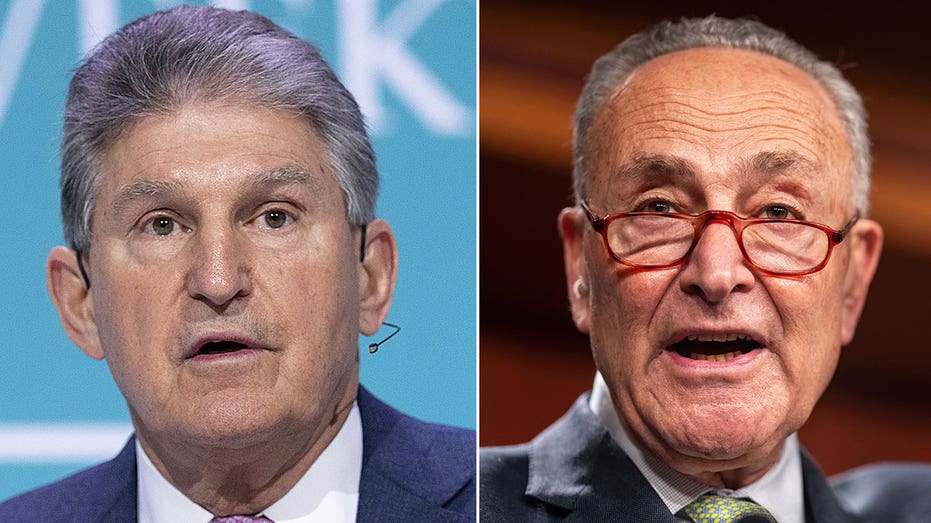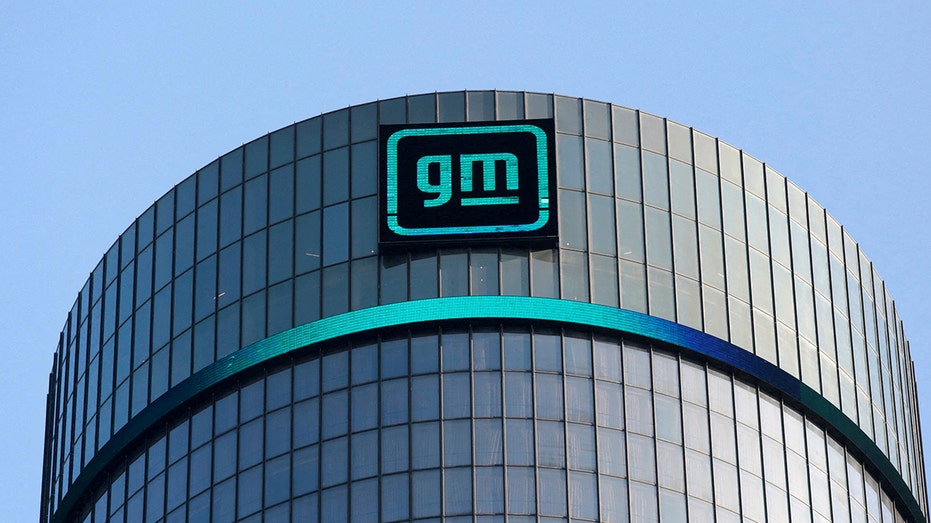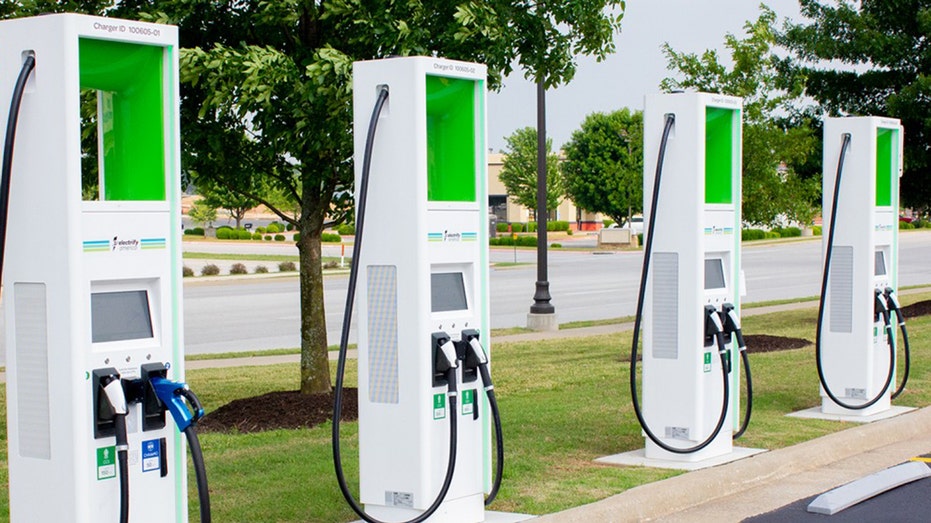A Democratic amendment in the U.S. Senate would bar a $7,500 tax credit eligibility for purchasers of the majority of electric vehicle models.
That is what a number of significant automakers claim.
The proposal’s requirement that batteries and essential mineral components be supplied from the United States has caused automakers some private anxiety.
According to John Bozzella, president of the Alliance for Automotive Innovation, if the senators Chuck Schumer and Joe Manchin’s proposal is approved, 70% of electric, plug-in hybrid, and fuel-cell vehicles sold in the United States will no longer be eligible.
RIVIAN AND AMAZON BEGIN USING ELECTRIC DELIVERY VANS

Among the companies represented by the association are Ford, Toyota, and General Motors.
When new sourcing rules take effect, “none would be eligible for the entire credit,” he said.
The plan, which is a component of a wider energy, tax, and medicine pricing measure, is the subject of considerable amendments sought by the auto industry.

The cost of the autos increases for American consumers without the tax credit.
By 2030, President Biden wants to see half of all new cars sold be electric or plug-in hybrid models.
THE REAL REASONS PEOPLE BUY ELECTRIC CARS, SAYS AN ELECTRIC CAR COMPANY
Just 11,000 new EVs, according to a Congressional Budget Office report released on Wednesday, are expected to use the credit in 2023.

The offices of Manchin and Schumer did not respond right away. The Senate could vote was scheduled for Saturday.
According to value, the bill includes increasing criteria for the proportion of battery components made in North America. It would be prohibited for batteries to contain any Chinese components after 2023.






